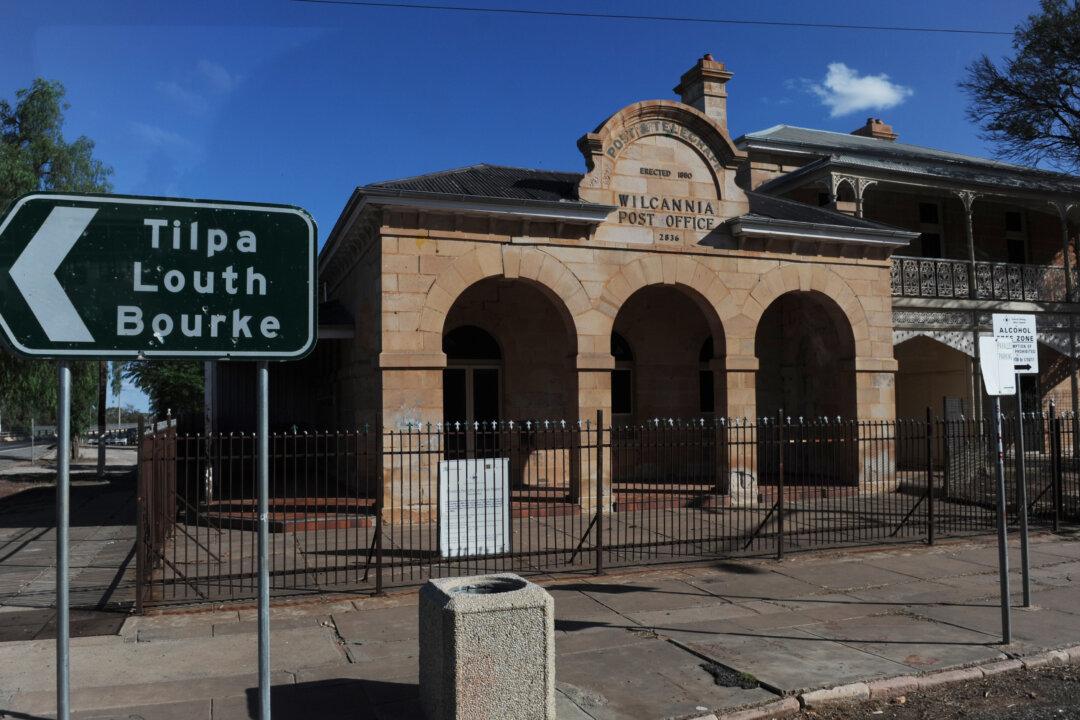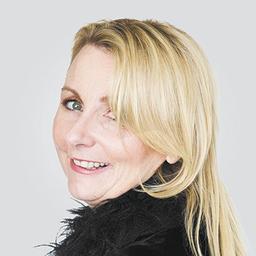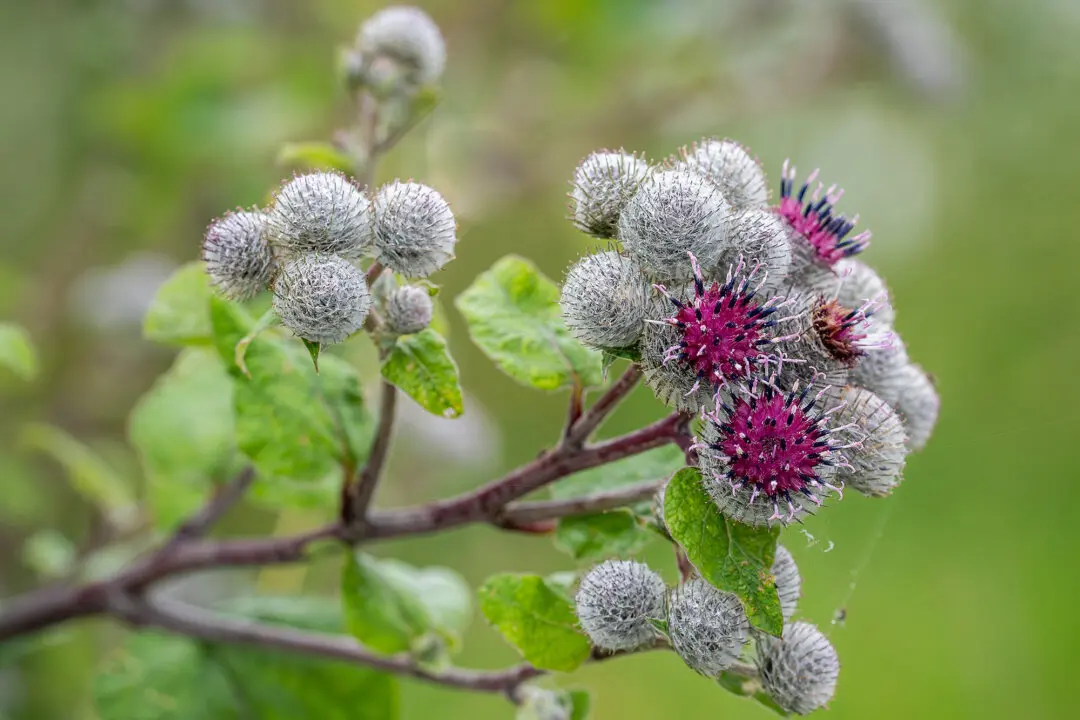Where is the world’s lowest life expectancy? Not in Africa but in Wilcannia—the canary in the coal mine for Australia’s managed decline.
This once thriving town in northwest New South Wales has been described by Josephine Cashman, an Indigenous Australian lawyer, as a community in a continual state of mourning with unsafe water and decades of broken promises.





